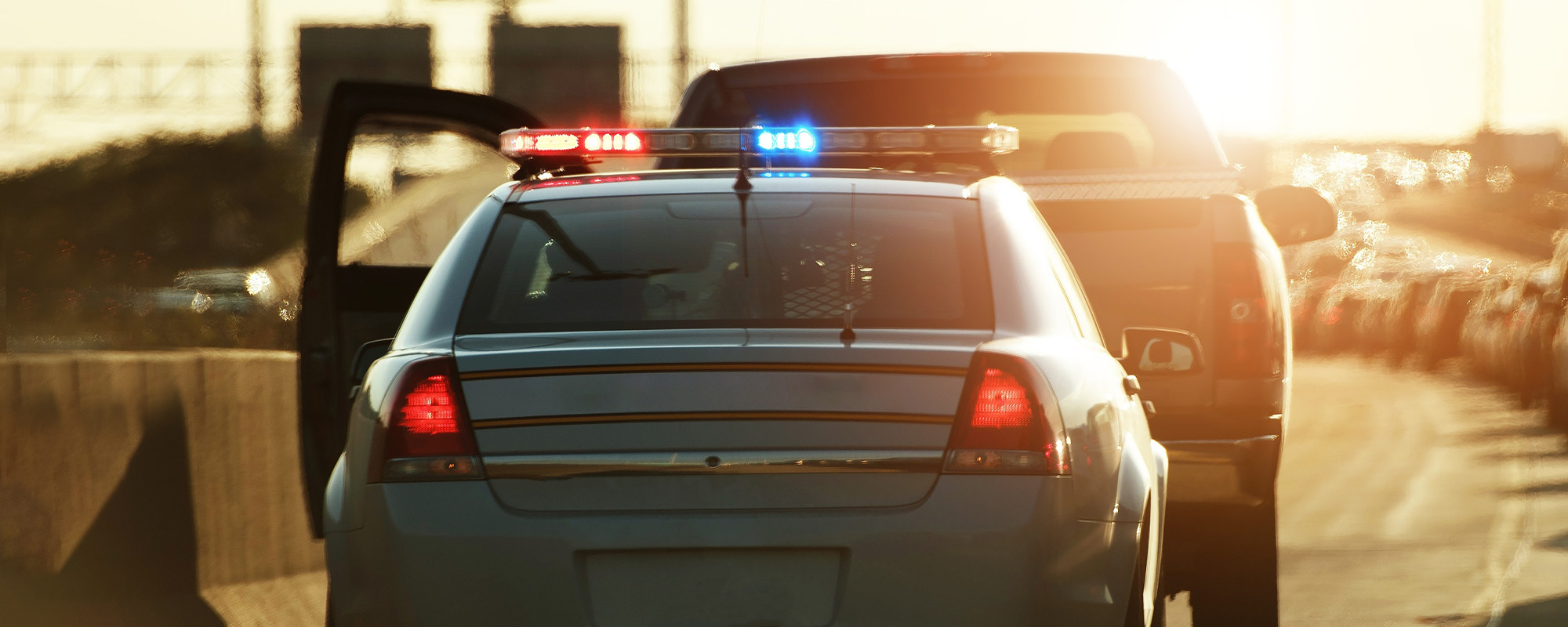
Police in Bayonne, New Jersey, recently announced they had arrested a man on drug charges. Police told the press they had pulled over the man in a traffic stop when they found 71 pills containing the drug ecstasy, along with an undisclosed amount of heroin. The man now faces charges of possession of ecstasy and heroin with the intent to distribute.
It’s very common for drug charges to arise out of a routine traffic stop. Police may pull over a driver on suspicion of drunk driving, for speeding, for having a non-functioning tail light, or any number of issues. Once they have stopped the driver, they somehow find illegal drugs in the car. If the amount of the drugs is under a certain amount, the person can face possession charges. If the amount is over a level specified by law, the law assumes the person intended to distribute the drugs, and the charges are much more serious.
The search
For the purposes of criminal defense, one of the most important factors in these traffic stop drug cases is the circumstances of the search itself. Did the police have the right to search the defendant’s car?
Police generally need a warrant before they can legally search someone’s home. It’s a little different when they’re searching a car. Once a police officer has pulled over a driver on suspicion of breaking traffic laws, they may look in through the window and see evidence of drug crimes in plain sight. Perhaps they see a bag of white powder on the passenger seat, or they smell cannabis. Because the evidence is in plain sight, they don’t need a warrant to search further.
Things get trickier when it comes to evidence that is not in plain sight. For instance, police need some kind of justification for opening a car trunk or a glove compartment to search for drugs.
If they overstepped their authority and violated the defendant’s rights, the evidence they found can be suppressed from court.